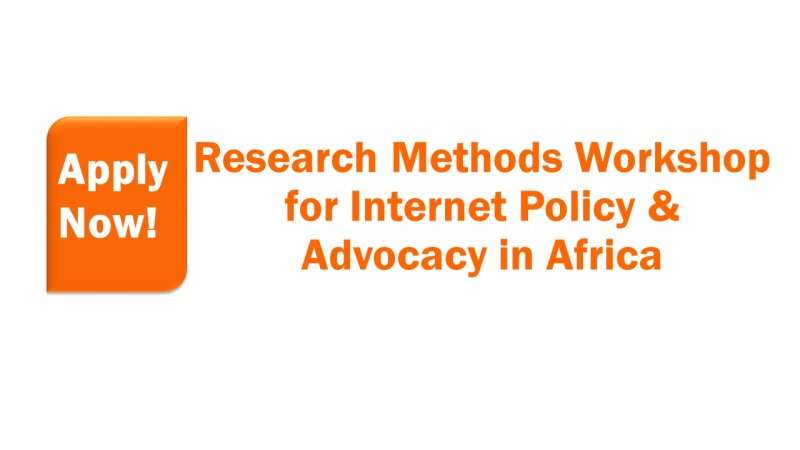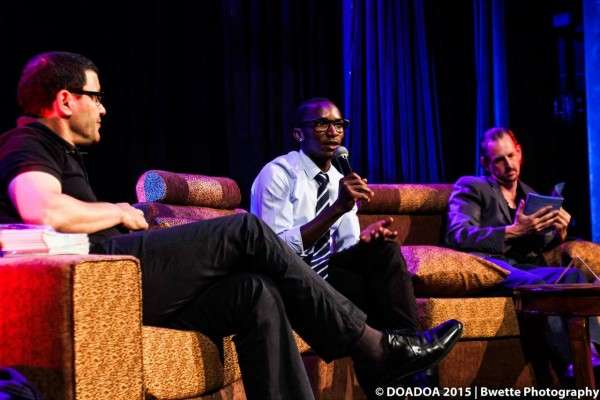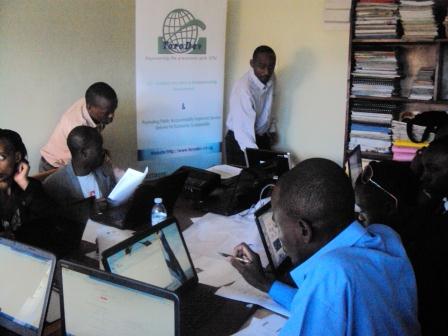CIPESA Staff |
In June, 2022, the Collaboration on International ICT Policy for East and Southern Africa (CIPESA) conducted a regional capacity building workshop aimed at equipping participants with thematic understanding of key digital rights trends in the region, including disinformation, alongside practical skills development in impactful digital rights advocacy and communication.
Hosted in Lusaka, Zambia, the two-days workshop (June 28 and 29), attracted 20 participants from 10 African countries – Eswatini, Ethiopia, Kenya, Malawi, Mozambique, Rwanda, South Africa, Uganda, Zambia, and Zimbabwe.
According to Ashnah Kalemera, CIPESA’s Programme Manager, the training was part of various interventions through which, CIPESA is developing the capacity of different social justice organisations with the requisite skills to effectively engage in digital rights advocacy including research methodology and communications, designing evidence-based advocacy strategies, as well as digital resilience.
“There is limited understanding of digital rights among traditional human rights defenders, with many yet to make the direct link between technology, social justice and human rights as part of their advocacy efforts. Meanwhile, many are working in hostile environments, with shrinking civic space both online and offline,” said Kalemera.
Although there has been a growing number of civil society and justice actors responding to and challenging government excesses over the years, there are still knowledge and skills gaps among actors that hinder their engagement in meaningful policy advocacy. Findings from a 2017 joint research study conducted by CIPESA, Small Media, DefendDefenders, and the Centre for Intellectual Property and Information Technology Law (CIPIT) showed that in all of the countries surveyed (Burundi, Rwanda, Tanzania, and Uganda), civil society organisations (CSOs) failed to demonstrate a baseline of digital security knowledge, and/or failed to implement practices effectively.
The report notes that although the internet and related technologies have empowered CSOs to engage with the public, share information, and advocate for citizens’ rights in sometimes challenging and closed political environments, it has also offered means and tools that are used by state and non-state actors to interfere with their work, surveil them, and censor their voices.
In addition, digital security and safety skills are lacking among some of the most at-risk groups, yet trainers and support networks are in short supply. Without adequate digital security capacity, activists and human rights defenders are not able to meaningfully undertake advocacy and engagements around human rights, transparent and accountable governance.
CIPESA’s capacity building interventions are therefore designed and structured to provide both skills and knowledge modules and serve as a platform for developing collaborative advocacy strategies for advancing digital rights in the region. The training in Lusaka covered topics such as the interplay between technology, democracy and human rights; trends in digital rights violations such as arrests and intimidation of online users, internet blockages, surveillance and interception of communications.
Other topics covered during the workshop were disinformation and human rights, which explored the implications of false and misleading information on online mobilisation and participation. Elsewhere, the workshop explored digital inclusion, with Zambia-based activist, Matha Chilongoshi of Revolt Media emphasising the need for increased engagement on the digital divide, online violence against women and girls and digital accessibility for persons with disabilities. In this regard, Kamufisa Manchishi, a Lecturer at the Mulungushi University – Zambia noted that the existing digital disparities are a result of access and affordability barriers including failure by governments to design and implement universal service fund policies that prioritise equity. This calls for proactive efforts in policy influence for an inclusive digital society.
Indeed, as highlighted by Apolo Kakaire, the Advocacy and Communication Manager at the African Centre for Media Excellence (ACME), “in order for civil society’s work in Africa to impact government policy, help change attitudes and behaviour in society, and ultimately result in greater protections for internet freedom, there is a need to develop and implement robust advocacy and impactful communication strategies.
Post-evaluation of the training workshop indicated increased understanding of the key terms and concepts covered including the link between disinformation and freedom of expression, disinformation and internet shutdowns, and commitment by participants to apply the acquired knowledge and skills, including acting as infomediaries within their communities and organisations through awareness raising among colleagues, and conducting information verification prior to sharing.
“As a communication officer, I will cross-check and make sure that all the information I am sharing is not deceitful while encouraging others to do the same,” noted one participant. Another participant indicated that they would work to get more involved in advocacy regarding disinformation laws that are detrimental to human rights. “We are planning to have a workshop with the grassroots women human rights defenders on disinformation and human rights and develop a digital rights advocacy and communication strategy.” The planned workshop will take place in Kenya’s largest urban informal settlement, Kibera, led by Tunapanda.





 ToroDev has started training rural women and youth leaders in the seven districts of the Rwenzori Region in using online tools to monitor service delivery. The maiden residential 2 days training involving ten participants was held on 16th – 17th of August, 2012 at ToroDev resource center in Fort Portal, Uganda. The training which is supported by ToroDev in partnership with SPIDER/Stockholm University was facilitated by Milton Aineruhanga from WOUGNET.
ToroDev has started training rural women and youth leaders in the seven districts of the Rwenzori Region in using online tools to monitor service delivery. The maiden residential 2 days training involving ten participants was held on 16th – 17th of August, 2012 at ToroDev resource center in Fort Portal, Uganda. The training which is supported by ToroDev in partnership with SPIDER/Stockholm University was facilitated by Milton Aineruhanga from WOUGNET.